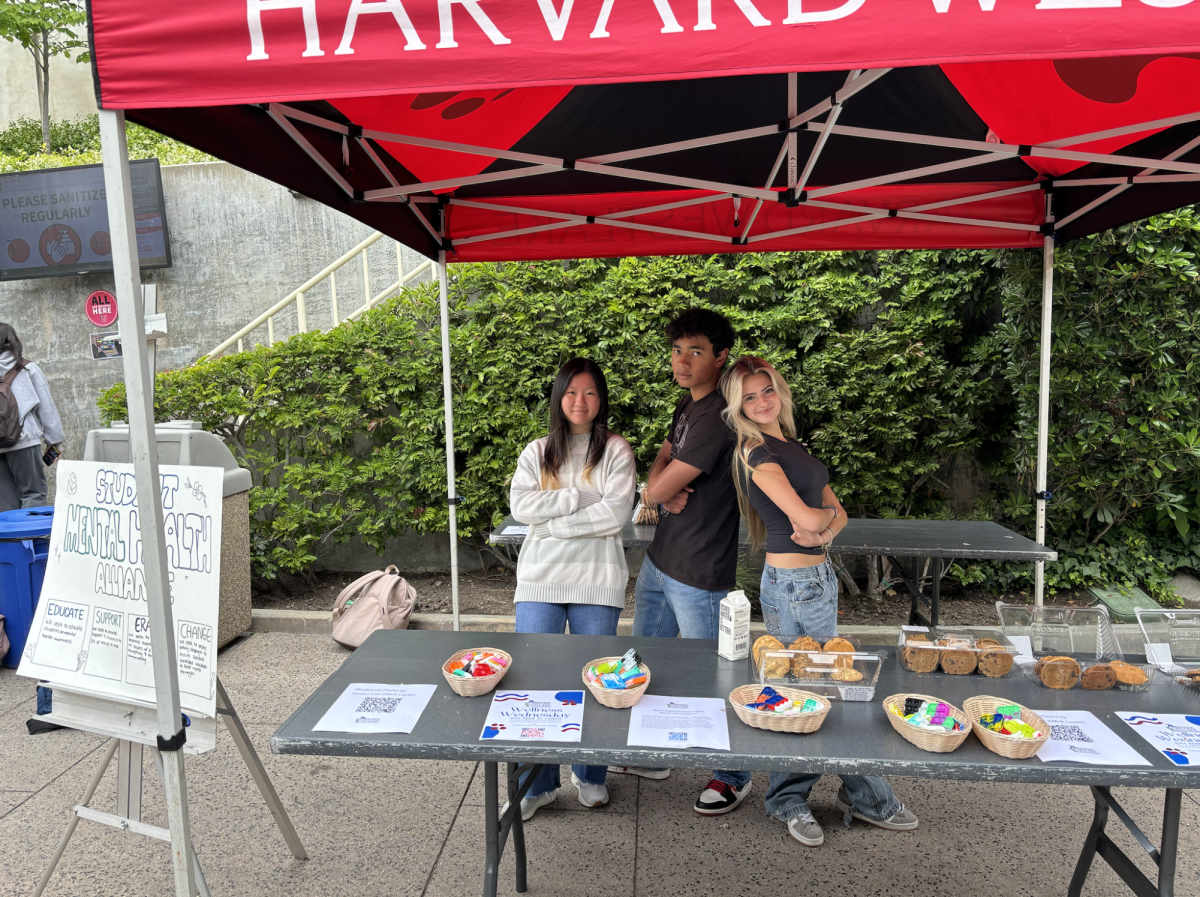Last year, University of Michigan freshman Jonathan Felker ’14 changed his Facebook name to “nutsackface.’’ It was part of a tradition where seniors change their Facebook names to a pun or a joke so colleges can’t find their postings. For Felker, the tradition backfired.
“My dean was emailed by a college, alerting him about my Facebook name,” Felker said. “I quickly changed it, but at that point, March or April, it was too late, so I truly regret that. If you think changing your name means colleges can’t find you online, you’re wrong. My college process never really recovered from that mistake.”
The college application process has changed a lot since Facebook launched. During the summer of 2004, the year Facebook was founded, Upper School Dean Kyle Graham was sitting in the student worker lounge at Hamilton College a fellow summer tour guide came up to him with a laptop.
“My friend Ben Crighton said, ‘Yo Kyle, check out The Facebook,’” Graham said. “And at that time it was only Harvard, Princeton, Yale and a couple New England Small College Athletic Conference schools, and Hamilton got the invite.”
Facebook was soon on its way to becoming the multibillion dollar company that it is today.
“Parents didn’t know about it, admissions officers didn’t know about it,” Graham said. “And then around 2007, I remember Skidmore College was the first that I was aware of creating a Facebook page for prospective students.”
Today, social media has become a big part of the college recruitment and application process.
A more recent development is fear that colleges are checking applicants’ profiles. Katherine Calvert ’15, who has two brothers (Ryan ’07 and Matty ’10) who have both gone through the college application process, said that just a few years ago, students weren’t hiding their social media identities.
“When my brothers were applying to college it wasn’t a thing,” Calvert said. “In the last five years, it’s gotten a lot more competitive. The process has gotten a lot more stressful. People feel like they need to hide something.”
New Upper School Dean Jamie Chan, who worked as an admissions officer at Emory University until last spring, says not every admissions officer bothers to look.
“Here’s the thing: I don’t have a Facebook,” said Chan. “And I don’t do social media, and that’s just me. So when I read applications, I wouldn’t try and look them up on Facebook and see what they do.”
But the college doesn’t have to be actually looking. Students sometimes sabotage their competition.
“Where Facebook rears its ugly head,” said Graham, who worked in admissions at Hamilton College and NYU, “is you’ll get some kid applying to ‘x’ school, Early Decision. Some other kid is also interested in ‘x’ school. The first student goes to a party over the weekend, gets drunk and posts pictures on Facebook with the red cups. Student two, or parent of student two, screenshots those photos and sends it to the college.”
Social media doesn’t always hurt student prospects. Some use social media as a means to boost their applications, said Seth Allen, vice president and dean of admissions and financial aid at Pomona College.
“Students sometimes point the reader to various forms of social media when they want to highlight some aspect of their candidacy [a charity, or extracurricular],” Allen said. “If the reader feels it is important to learn even more than what is in the application, occasionally the content may be reviewed.”
While colleges aren’t actively checking Facebook profiles for every student, they have started monitoring applicants’ interactions with the school’s different forms of social media, Graham said.
“One of my very good friends, who’s an admissions officer for a very small, highly selective liberal arts college on the east coast, is in charge of social media,” Graham said. “She tracks student engagement with their Twitter feed, with their Instagram, thinking that if some student is liking our post on Instagram or is retweeting our tweets, do we have a better chance of getting them? Is the potential of us yielding him slightly higher because he’s engaged with us on social media?”
Students are becoming smarter about hiding party pictures and colleges are becoming savvier about collecting data.
“I think we’re pivoting,” Graham said. “It’s less about incriminating pictures and bad things, although conniving people sometimes can go after a kid. I think now it’s going to be more engagement in touches and tracking, helping them to predict yield.”

































